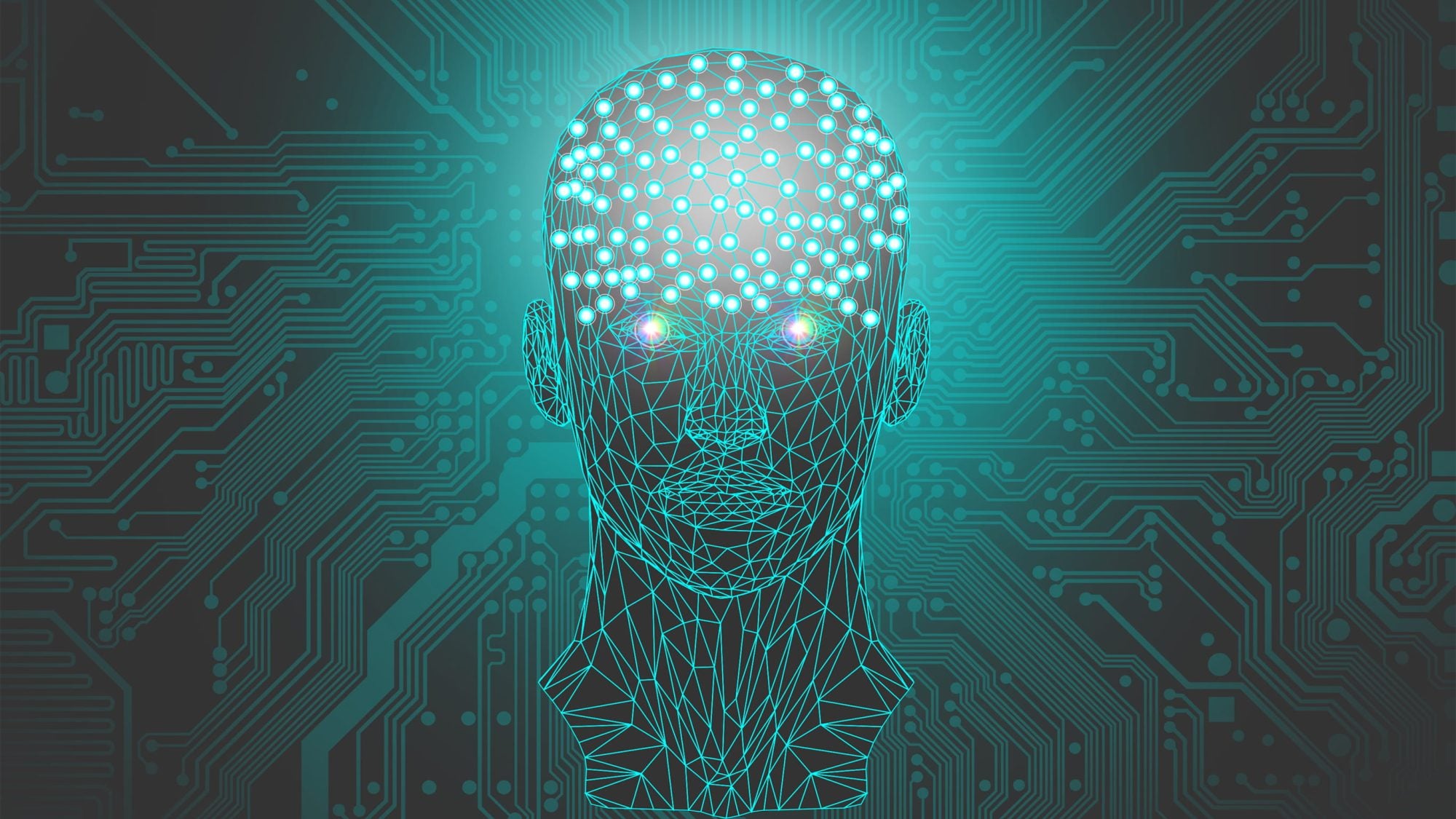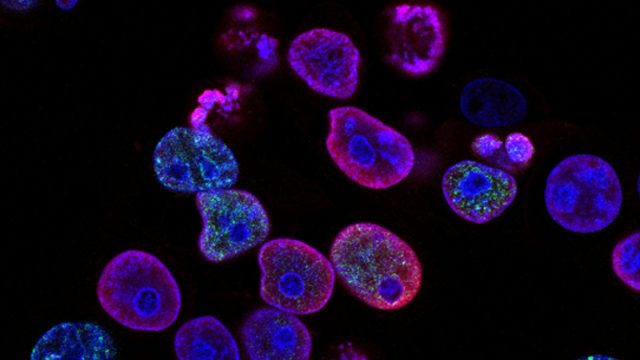
Title: Revolutionizing Healthcare: The Promises and Pitfalls of AI in Medicine with ChatGPT
The Artificial Intelligence language model ChatGPT has taken the world by storm. Within the medical field, AI has the potential to improve healthcare outcomes, yet it also poses ethical and reliability concerns that must be addressed through policy implementation. Recommendations for creating a framework of reliable medical knowledge using ChatGPT include establishing regulatory bodies, formulating guidelines for the use of AI models in medicine, ensuring the latest non-biased training data, and continued monitoring. These should be established by regulatory bodies under the authority of the federal government to maintain uniformity and ensure compliance.
Introduction
Artificial Intelligence (AI) has rapidly evolved in recent years and is transforming various industries, including healthcare. The application of AI in medicine can lead to significant improvements in disease diagnosis, treatment, and patient care. However, the integration of new AI models such as ChatGPT into the healthcare system has raised concerns about their reliability, potential for harm, and the need for appropriate policies to govern their use.
ChatGPT and Large Language Models (LLM) are AI language models that are trained using natural language processing (NLP) techniques. They are both part of a family of models known as Generative Pre-trained Transformers (GPTs) that are designed to generate human-like responses to text prompts and engage in conversation. ChatGPT, for example, is trained on large amounts of text data, such as social media posts, online forums, and chat logs, to learn patterns in language use and conversation flow. The model can be fine-tuned on specific tasks to generate personalized and contextually appropriate responses. It has shown significant promise in various applications, including customer service, language translation, and even mental health counseling.
Potential Uses of AI and ChatGPT in Healthcare
The use of AI in medicine has numerous benefits, from supporting patients to identifying potential new drugs. First, AI models can analyze large amounts of data to detect patterns and predict outcomes that may not be apparent to human healthcare providers. For example, AI models can assist in diagnosing diseases and identifying personalized treatment options by analyzing medical images, electronic health records, and patient data such as medical history, symptoms, and genetic makeup. This can lead to quicker and more accurate diagnoses, improved patient outcomes, and reduced healthcare costs.
ChatGPT can also provide 24/7 patient support and answer medical questions through virtual assistants, engaging patients in their healthcare services and providing them with personalized information and advice. This can reduce the workload of healthcare providers and enable them to focus on more critical tasks. Additionally, virtual assistants can assist in the triage of patients, identifying those who need urgent care and directing them to appropriate healthcare facilities.
AI and ChatGPT also have the potential to provide mental health support, offering personalized therapy and counseling to individuals in need. The automation of administrative tasks—such as scheduling appointments and managing patient records—by these models allow healthcare providers to focus on patient care. Finally, AI and ChatGPT are able to analyze vast quantities of data to identify potential new drugs and treatments. The field of predictive analytics can be greatly improved using these AI systems as they are capable of predicting the occurrence of disease outbreaks, identifying high-risk patients, and improving population health by analyzing extensive data sets.
Concerns about AI in the Medical Field
Despite the potential benefits of ChatGPT in medicine, there are also concerns regarding its reliability and potential for harm. One concern is that ChatGPT could generate incorrect or misleading responses. The accuracy of AI models is only as good as the data they are trained on, and if the data is biased or incomplete, it could lead to inaccurate results. In medicine, inaccurate diagnoses or treatment recommendations can have severe consequences, including harm to patients or even death. Another significant worry is that ChatGPT could reinforce existing biases in healthcare. For example, if a model is trained on data that includes a disproportionate number of patients from one demographic group, it may generate responses that are biased against other groups. Currently, there are no examples to present as medicine is strictly regulated by (human) doctors, and AI is not allowed to diagnose, treat, or prescribe medicines without human supervision. However, AI has been used in experimental cases of CT, MRI, and radiograph interpretation with varying levels of success and correct reports. Also, in the initial release of ChatGPT, the media reported that the model generated biased and sexist remarks which have since been corrected.
Policies to Ensure the Creation of Reliable Knowledge
To ensure the creation of reliable knowledge and mitigate these concerns, policies must be implemented to govern the use of ChatGPT and other AI models in medicine. Most importantly, regulatory bodies must be established to oversee the development and deployment of AI models in healthcare. These regulatory bodies can ensure that AI models meet specific standards regarding accuracy, reliability, and safety. They can also confirm that AI models are developed in an ethical and transparent manner. Regulatory oversight verifies that healthcare providers are using ChatGPT appropriately and in a manner that is consistent with ethical principles. There are entities like the European Union and China that are trying to regulate AI over concerns of privacy, bias, and fake news generation. Considering similar problems in the United States, the US government should also take steps in this direction.
Another crucial policy is the establishment of guidelines for the use of AI models in medicine, including clear instructions for healthcare providers on when and how to use AI models, as well as guidelines for interpreting the results generated by the models. They can also provide patients with information on the use of AI models in their care and their rights to access their data. These guidelines should be made by regulatory bodies established by the federal government to ensure uniformity and compliance.
Additionally, the potential biases of AI models must be addressed by ensuring that the data used to train AI models is accurate and up-to-date. ChatGPT, like other forms of AI, relies on large amounts of data to learn and make predictions; it is essential to ensure that the data used to train the model is comprehensive, unbiased, and of high quality. For example, diverse data sets can help to reduce bias in AI models by including data from a variety of demographic groups. There should also be procedures for auditing AI models for bias.
To ensure the creation of reliable medical knowledge using ChatGPT, the field also requires model transparency and explainability policies. Model transparency refers to the ability to understand how the AI model is making decisions, while explainability refers to the ability to explain the model’s decisions to end-users. Without these components, there can be a lack of trust in the model’s predictions and decisions. Therefore, it is crucial to ensure that ChatGPT is transparent and explainable, so that healthcare providers can understand how the model is making decisions and provide the best care possible to their patients.
Lastly, to ensure the creation of reliable medical knowledge using ChatGPT, continued monitoring and evaluation of the model must be conducted. As ChatGPT is used more extensively in healthcare, it is essential to monitor its performance and make certain that it is meeting the highest standards for accuracy and reliability. Regular evaluation can also help identify any issues with the model’s performance and allow for necessary adjustments to be made.
In conclusion, ChatGPT and other AI models have the potential to revolutionize healthcare by improving diagnosis, treatment, and patient care. However, it is essential to consider the potential benefits and drawbacks of these tools and implement policies that ensure their safe and responsible use. By establishing regulatory bodies, guidelines, and procedures to address potential biases in AI models, we can harness the power of these technologies to improve healthcare outcomes for all.
. . .
Dr. Som Biswas is a second-year pediatric radiology fellow at the Le Bonheur Children’s Hospital, University of Tennessee Health Science Center. He has an MD in diagnostic radiology and has expertise in body imaging technologies. He has previously published articles on the implications of ChatGPT in the medical sector.
Image Credits: Wallpaper Flare
Recommended Articles

This article examines the EU’s cyber diplomacy in Moldova’s parliamentary elections from September 28, 2025, which marked a new chapter in the bloc’s cyber diplomacy. Drawing on analysis of Russian…

Export controls on AI components have become central tools in great-power technology competition, though their full potential has yet to be realized. To maintain a competitive position in…

The Trump administration should prioritize biotechnology as a strategic asset for the United States using the military strategy framework of “ends, ways, and means” because biotechnology supports critical national objectives…